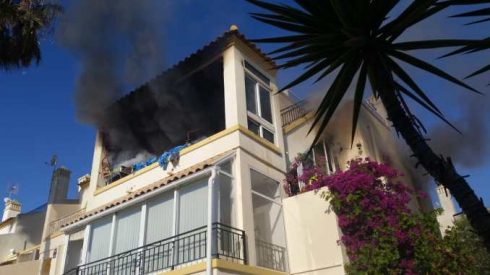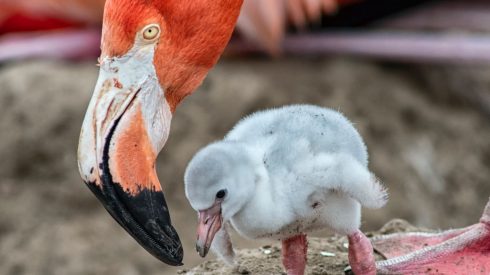THE European Parliament will launch an inquiry into four Murcia-region presidents and what they did to stop severe pollution in the Mar Menor lagoon.
Environmentalists have strongly criticised the lack of action to combat serious problems in the area, with none of the Mar Menor beaches winning a coveted Blue Flag award in the last four years.
Many of the beaches are covered in mud and green algae, and last autumn saw hundreds of dead fish ending up on the lagoon shores due to a lack of oxygen in the water.
Four past and present regional presidents will come under the spotlight in Partido Popular-led administrations.
They are the current office holder, Fernando López Miras, and his predecessors, Pedro Antonio Sánchez, Alberto Garre, and Ramón Luis Valcárcel,
Solicitor, Diego de Ramón, in his petition to the European Parliament, says that somebody needs to be ‘criminally responsible’ for the state of the Mar Menor.
His petition also calls for answers over the management of EU aid to the region and why there was a lack of care over substantial annual nitrate discharges into the lagoon.
Despite accepting the submission, the European Parliament inquiry will not be of a criminal nature and the initial investigation will be purely preliminary.
Reports from both the Parliament and the Murcia regional government suggested that Diego de Ramón´s petition was accepted because it met all the appropriate technical requirements, as opposed to making any judgements on the actual substance of his complaints.
It comes after a study by the Spanish Institute of Oceanography last April found that chlorophyll levels reached up to 4.12 micrograms per litre.
These high levels were linked to a huge amount of green algae and other parasitic sealife that absorbed all the oxygen out of the water.
The study referenced the Mar Menor’s situation following last September’s gota fria, which saw thousands of suffocated fish washed up onto the coastline.
It also follows an Olive Press report on the fantastic community efforts of a group of British metal detectors who, since July 2018, have been cleaning toxic lead from the Mar menor.
The lead is then sold, with funds going into a local Spanish environmental group, Associacion Hippocampus, which helps to preserve seahorses in the lagoon.








